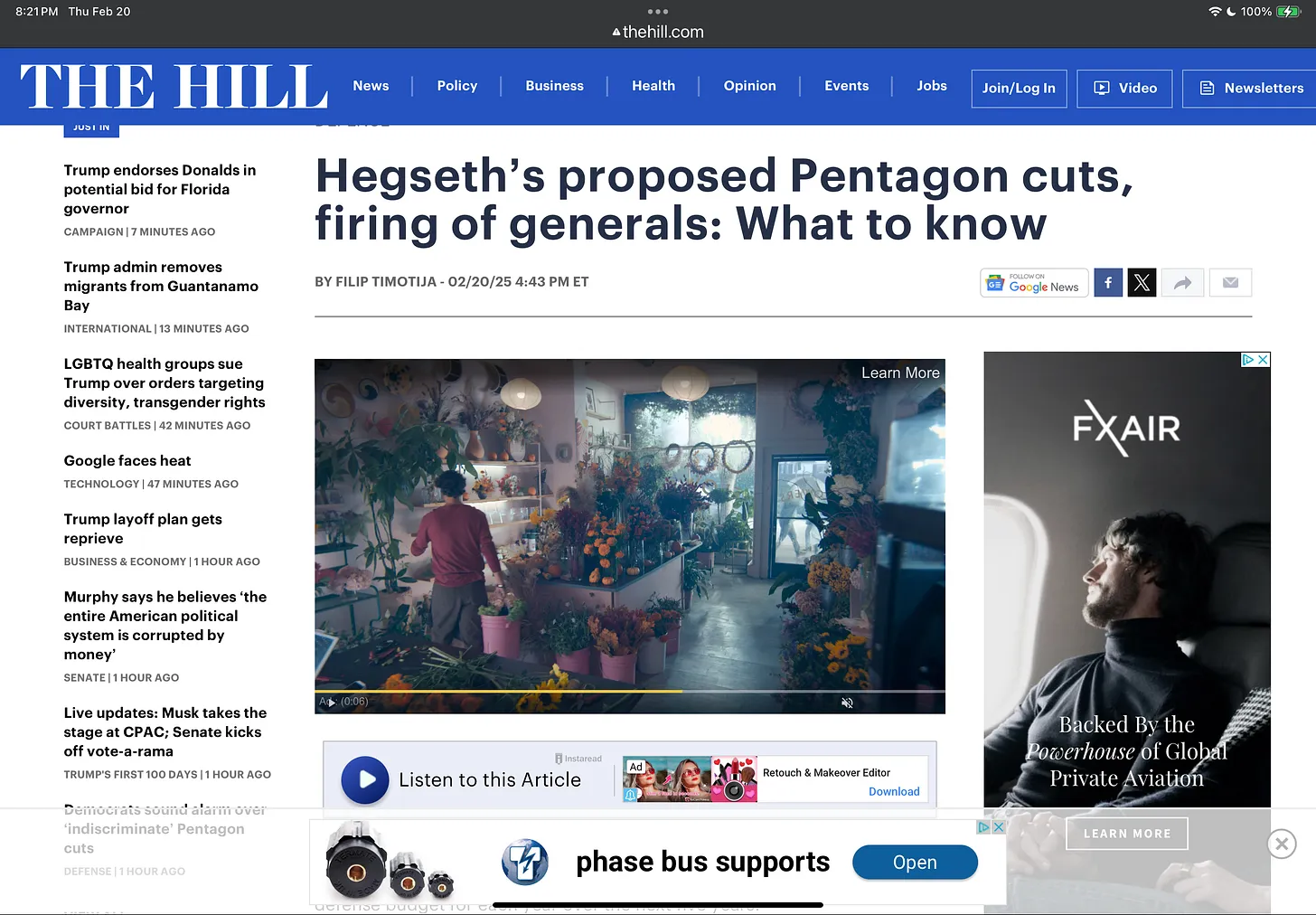
Please Follow us on Gab, Minds, Telegram, Rumble, Gab TV, GETTR, Truth Social
Beijing has not wasted any time expressing its discontent with the new AUKUS nuclear submarine deal between the U.S., Australia, and the UK that was announced by Joe Biden on Monday at Naval Base Point Loma in San Diego alongside Australian Prime Minister Anthony Albanese and British Prime Minister Rishi Sunak. Biden emphasized during the announcement that the agreement to provide nuclear submarine technology to Australia is not "a challenge to anybody" and added that "These boats will not have any nuclear weapons of any kind."
However, China disagreed as its foreign ministry accused the U.S. and its allies of having a "Cold War mentality," which sets them on a "dangerous path" and will "only motivate an arms race." Beijing spokesperson Wang Wenbin also noted that the submarine deal for Australia's military will "damage the international nuclear nonproliferation regime, and harm regional stability and peace."
Get gains in the gym in style with AFP Merch!
During a daily briefing, Wang added, "The latest joint statement issued by the U.S., U.K., and Australia shows that the three countries have gone further down the wrong and dangerous path for their own geopolitical self-interest, completely ignoring the concerns of the international community."
Beijing's recent comments are not the first time that China has accused Australia of violating its own 'nuclear weapons free' policy by securing nuclear-powered subs. Wang reaffirmed China's long-held assertion that it poses a "serious risk of nuclear proliferation and violating the object and purpose of the Treaty on the Non-Proliferation of Nuclear Weapons."
Wang went on to accuse the 3 nations of "coercing" the International Atomic Energy Agency (IAEA) into granting them an endorsement, saying, "The three countries claim that they will abide by the highest nuclear non-proliferation standards, which is pure deception."
Australia also garnered China's attention when Australian Defense Minister Richard Marles commented in a press conference on Tuesday that "the biggest conventional military build-up... seen since the end of the second world war," is happening in the region. While Marles did not name China specifically, his remarks clearly referenced Beijing.
Also, much to China's chagrin, recent reports have surfaced indicated that the U.S. Navy is planning a full-service submarine base in Australia, which would be a major hub capable of overseeing all submarine deployments in the Asia-Pacific region. The base would have the capabilities to not only oversee sub deployments but also to produce and repair boats as well.
























